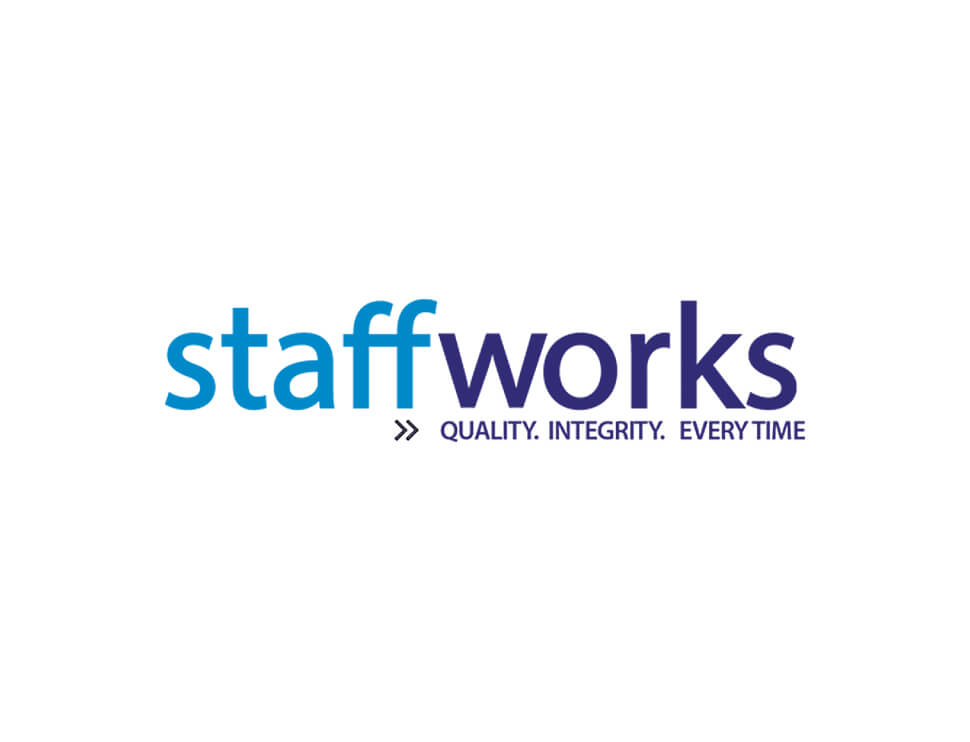Encouraging Team Development
From time to time, it is important to let your team overcome challenges as this ultimately has a positive impact on their development, By giving your team room to solve problems on their own, without jumping in and taking control, you build capacity and resilience in the long-term.
As a team leader, you need to know when the results are too severe for your team to fail and when you need to step in. However, if you always jump in, you risk behaving like an overly protective manager which prevents effective teamwork and development.
Interdependence is an essential condition for teamwork, and there are problems that can only be solved by team members working together. Supporting interdependence means you, as the team’s manager, have to be ready to let go of exerting too much direct control. This is also important for helping the team feel they have the levels of autonomy they need to effectively operate – simultaneously improving their well-being and performance.
When you do not let go, or give your team enough operational space, there are usually a few common justifications, such as:
- “I need to stay close to what they are doing as I’m the one that’s being held accountable for their performance.”
- “The only way I can be sure they will stay focused is by staying directly involved.”
- “They just don’t have enough experience yet to operate without frequent direction from me.”
These can seem reasonable in the moment when facing heavy delivery pressures. However, if they become default reactions they usually need to be challenged. So, some challenge questions/observations that could be offered:
- Accountability does not mean that you shouldn’t delegate responsibility. You can give people more space and still set expectations about keeping you up-to-date with how they are doing against their objectives.
- Perhaps you being on their back all the time is a major reason that they lose focus on the task and their goals?
- How will they get more experience if you jump in and take problems from them whenever it looks like they might struggle?
Constantly jumping in can be experienced as micromanagement, a tendency that leaves teams feeling powerless and not trusted to do their job. There is no point in telling your team they are empowered if you are not prepared to let them fail.



